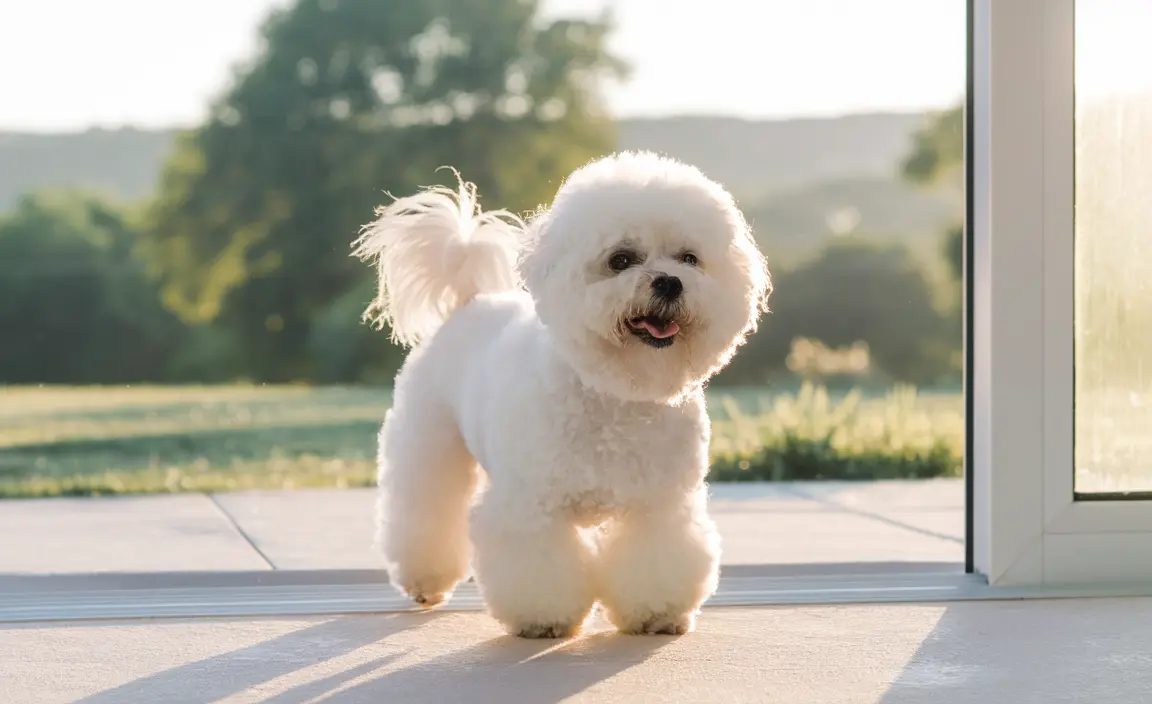Best Small Non-Shedding Dogs: Your Complete Breed Guide for Low-Maintenance Companions
Finding the perfect small dog that doesn't shed can feel like searching for a furry unicorn. But fear not! Whether you're battling allergies, living in a compact space, or simply want a low-maintenance companion, there are several delightful breeds that fit the bill. This comprehensive guide will walk you through the top small non-shedding dog breeds that combine adorable size, friendly personalities, and minimal grooming challenges.
Pet lovers seeking a hypoallergenic furry friend have more options than ever before. From tiny lapdogs to energetic small breeds, we'll explore the best non-shedding dogs that can seamlessly fit into various lifestyles and living situations.
Top Small Non-Shedding Dog Breeds for Allergy Sufferers
Maltese: The Elegant Companion
The Maltese is a classic choice for those seeking a small, non-shedding dog. Weighing typically between 4-7 pounds, these white-coated charmers are not just adorable but incredibly people-oriented. Their silky, hair-like coat requires regular grooming but produces minimal shedding, making them an excellent option for allergy sufferers.
Toy Poodle: Intelligence Meets Low-Shedding Charm
Don't let their sophisticated appearance fool you – Toy Poodles are playful, intelligent, and remarkably low-shedding. These compact dogs typically weigh 4-6 pounds and are known for their hypoallergenic coats. They excel in training and adapt beautifully to various living environments, from apartments to family homes.
Bichon Frise: The Fluffy Bundle of Joy
With their cloud-like white coats and perpetually cheerful dispositions, Bichon Frises are walking bundles of happiness. Despite their fluffy appearance, they shed minimally and are considered hypoallergenic. Their compact size and social nature make them perfect companions for families and individuals alike.
Essential Care Tips for Small Non-Shedding Dogs
Grooming: More Than Just Aesthetics
While these breeds don't shed much, they require consistent grooming to maintain their coat health. Regular brushing prevents matting, and professional grooming every 4-6 weeks helps keep their coat in optimal condition. Invest in quality grooming tools and consider professional trimming to keep your small companion looking and feeling their best.
Exercise and Mental Stimulation
Don't be fooled by their small size – these dogs need regular exercise and mental engagement. Daily walks, interactive toys, and training sessions help prevent boredom and maintain their physical and mental well-being. Most small non-shedding breeds are energetic and love participating in family activities.
Choosing the Right Breed for Your Lifestyle
Factors to Consider
When selecting a small non-shedding dog, consider more than just coat type. Evaluate your living space, work schedule, and personal energy levels. Some breeds like Miniature Schnauzers are more active, while others like Shih Tzus are content with shorter play sessions.
Training and Socialization
Early socialization is crucial for small breeds. Expose your puppy to various people, environments, and situations to develop a well-rounded, confident companion. Positive reinforcement training works exceptionally well with these intelligent, people-pleasing breeds.
Frequently Asked Questions
What are the best small dog breeds that don't shed and are good for people with allergies?
Top hypoallergenic small breeds include Maltese, Toy Poodle, Bichon Frise, Miniature Schnauzer, and Cavapoo. These breeds produce minimal dander and shed very little, making them ideal for allergy sufferers.
How often do I need to groom a small non-shedding dog breed like a Maltese or Bichon Frise?
Most non-shedding small breeds require brushing 3-4 times per week and professional grooming every 4-6 weeks. Daily quick brushing can help prevent matting and maintain coat health.
Are small non-shedding dogs like Toy Poodles and Cavapoos suitable for first-time dog owners?
Yes! These breeds are typically intelligent, eager to please, and respond well to consistent training. Their small size and adaptable nature make them excellent choices for first-time dog owners.
What temperament traits can I expect from small hypoallergenic dog breeds?
Most small non-shedding breeds are affectionate, social, and enjoy human companionship. They tend to be intelligent, playful, and form strong bonds with their families.
How much exercise do small non-shedding dogs typically require?
Most small non-shedding breeds need 30-60 minutes of daily exercise, which can include walks, play sessions, and mental stimulation activities. Individual exercise needs vary by breed and individual dog.






